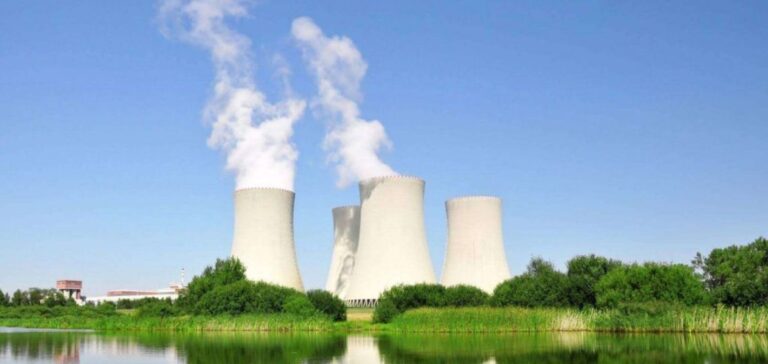Westinghouse Electric Company and Bechtel recently held a symposium in Warsaw to highlight the opportunities presented by Poland’s new nuclear power program.
U.S., Poland stress importance of civil nuclear cooperation
The two-day event brought together representatives from more than 100 companies in the civil, mechanical and electrical engineering sectors. The symposium focused on the AP1000® reactor program, which is expected to provide significant opportunities for Polish industry to help launch a new era of clean, safe energy for the country.
Poland’s Deputy Climate Minister Adam Guibourgé-Czetwertyński gave a keynote speech, stressing the need to involve domestic companies in all phases of the investment, including the design, construction and production of individual components for power plants. He highlighted the potential of the national industry to perform a wide range of work and supplies for the nuclear sector.
Daniel Lawton, the Deputy Chief of Mission at the U.S. Embassy in Warsaw, also gave an opening address, emphasizing the importance of cooperation on civiliannuclear energy as an integral part of the U.S.-Poland bilateral relationship. He stressed that the future of Europe’s energy security depends on clean, sustainable and safe nuclear energy.
David Durham, president of Westinghouse Energy Systems, expressed appreciation for the companies’ interest in advancing a clean energy future for Poland. He noted that Westinghouse has recently begun work on the project and looks forward to bringing dozens of Polish suppliers into the project in partnership with the Polish and U.S. governments.
Ahmet Tokpinar, general manager of Bechtel’s Nuclear Power business line, also expressed his enthusiasm to continue working with potential suppliers in Poland to support Poland’s new nuclear power plants. He emphasized that Bechtel looks forward to building lasting partnerships with these local suppliers as the project moves forward.
Westinghouse’s AP1000 nuclear reactor program will provide significant opportunities for Polish industry
The AP1000 is the only operating Generation III+ reactor with fully modular passive safety systems and the smallest footprint per MWe on the market. In February, Westinghouse and the Polish state-owned enterprise Polskie Elektrownie Jądrowe signed a contract covering front-end engineering, pre-procurement work and program development for the reactors planned for Poland.
The technology behind the AP1000 reactor has been a proven success, with four units currently setting operational performance records in China, four more reactors under construction, and two more planned. An AP1000 reactor has begun operation at the Vogtle site in Georgia, while the second unit at Vogtle is being finalized. Nine units have been announced for the Ukraine, and the technology is under review at several other sites in Central and Eastern Europe, the United Kingdom and the United States.
Westinghouse Electric Company, with more than 135 years of innovation, is shaping the future of carbon-free energy by providing safe, innovative nuclear and other clean energy technologies and services worldwide. For its part, Bechtel is a trusted partner in engineering, construction and project management for industry and government.
Indeed, the recent symposium in Warsaw highlighted the potential of Poland’s new nuclear power program and the opportunities it presents for Polish industry. The AP1000 reactor program is designed to provide significant opportunities for domestic companies in all phases of the investment. With the support of Westinghouse Electric Company and Bechtel, the Polish government is taking an important step toward achieving its goal of launching a new era of clean and secure energy for the country.





















